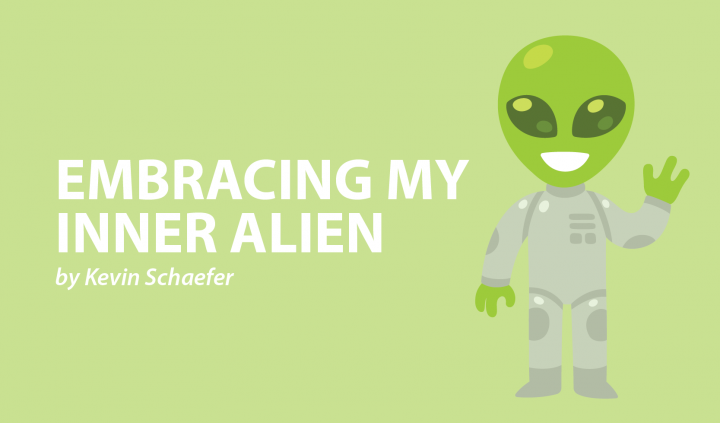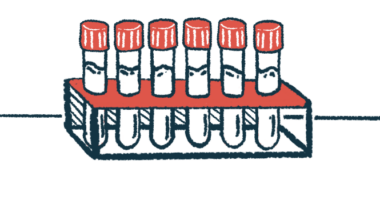The Uncanny SMAers

Within the pages of the Marvel universe, one of the most iconic superhero teams is the “Uncanny X-Men.” There’s Cyclops with his optic blasts of energy, Marvel Girl with her telepathic and telekinetic abilities, Wolverine with his regenerative healing abilities and adamantium skeleton, and many others.
The X-Men are mutants, feared and cast out of society on account of their genetic abnormalities. Under the guidance of their leader, Professor Charles Xavier, the X-Men fight to make the world a better place where mutants and humans can peacefully coexist. My favorite mutant is Dr. Hank McCoy, aka Beast. An intellectual by nature, Beast is also a furry, blue fighting machine who can challenge anyone in battle.
As a kid, I loved watching the X-Men’s adventures play out in the animated series, and later in the blockbuster movies. These stories were fun and fantastical, but there was a real heart to them as well. I always found these characters highly entertaining, but as I got older, I saw echoes of my own story in theirs.
Living with SMA requires a level of resilience when it comes to stares from people. Whether I’m at a restaurant, a movie theater, or any public venue, odds are someone will stare. Sometimes it’s a look of surprise, confusion, or even anxiety about how to interact with someone in a power wheelchair.
Likewise, the X-Men are no strangers to stares from people or standing out in public. With his scaly, blue skin and pointy tail, Nightcrawler sticks out in any crowd. Rogue may appear “normal,” but she has a hard time physically contacting other people. And Colossus, well, the dude can repel machine gun fire with his body.
Since their inception in the 1960s by creators Stan Lee and Jack Kirby, the X-Men have been a symbol of minority groups and civil liberties. Professor X and his rival Magneto have even been compared to activists Martin Luther King Jr. and Malcolm X, respectively. The mutant quest for equality has many parallels to the plight of racial, religious, sexual, and disability groups.
As an adult with SMA, reading and watching X-Men stories takes on a new meaning. I find them relatable, and the characters wonderfully abnormal. Much like us SMAers, these characters are well accustomed to living in a society that isn’t made for them.
Yet, beyond their fight for a better world, the X-Men are a reminder to embrace one’s abnormalities. In “X2: X-Men United,” Nightcrawler approaches the shape-shifting mutant Mystique, enamored with her abilities. Knowing she can imitate anyone in appearance and voice, he asks her why she doesn’t use that power to look like everyone else all the time. “Because we shouldn’t have to,” she responds.
Earlier this year, I wrote about meeting with some of my co-workers for a business trip, back when it was safe to travel. I’m fortunate to work with people from a wide variety of rare disease and disability communities. We’re like our own version of the X-Men, and my ragin’ Cajun brother Matt Lafleur is definitely the Gambit of our group.
Some may find it silly for me to write an entire column about a fictional superhero universe, but there’s something special about seeing yourself in stories. Much like the mutants, I used to struggle with my disability as a part of my identity. Now, I’m proud to be part of the Uncanny SMAers.
***
Note: SMA News Today is strictly a news and information website about the disease. It does not provide medical advice, diagnosis, or treatment. This content is not intended to be a substitute for professional medical advice, diagnosis, or treatment. Always seek the advice of your physician or other qualified health provider with any questions you may have regarding a medical condition. Never disregard professional medical advice or delay in seeking it because of something you have read on this website. The opinions expressed in this column are not those of SMA News Today, or its parent company, Bionews, and are intended to spark discussion about issues pertaining to spinal muscular atrophy.








Leave a comment
Fill in the required fields to post. Your email address will not be published.